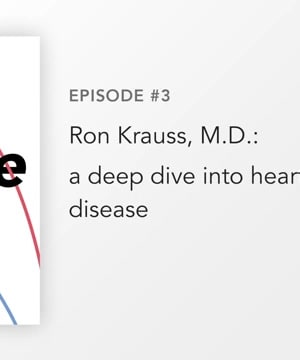What is primary prevention?
Sources:
Primary prevention refers to actions taken to prevent the onset of a disease or injury before it occurs. This can involve strategies and interventions that help avoid the development of risk factors associated with diseases, thereby reducing overall incidence. For instance, emphasizes the importance of primary prevention in the context of cardiovascular diseases, particularly noting the variable evidence for the effectiveness of statins in primary prevention 1. Additionally, the concept extends into personalized treatment approaches in healthcare, striving for true preventative measures adapted to individual risks and conditions as discussed by Peter Attia, M.D. in the Medicine 3.0 concept, which advocates for earlier and more tailored preventative actions 2.
RELATED QUESTIONS

